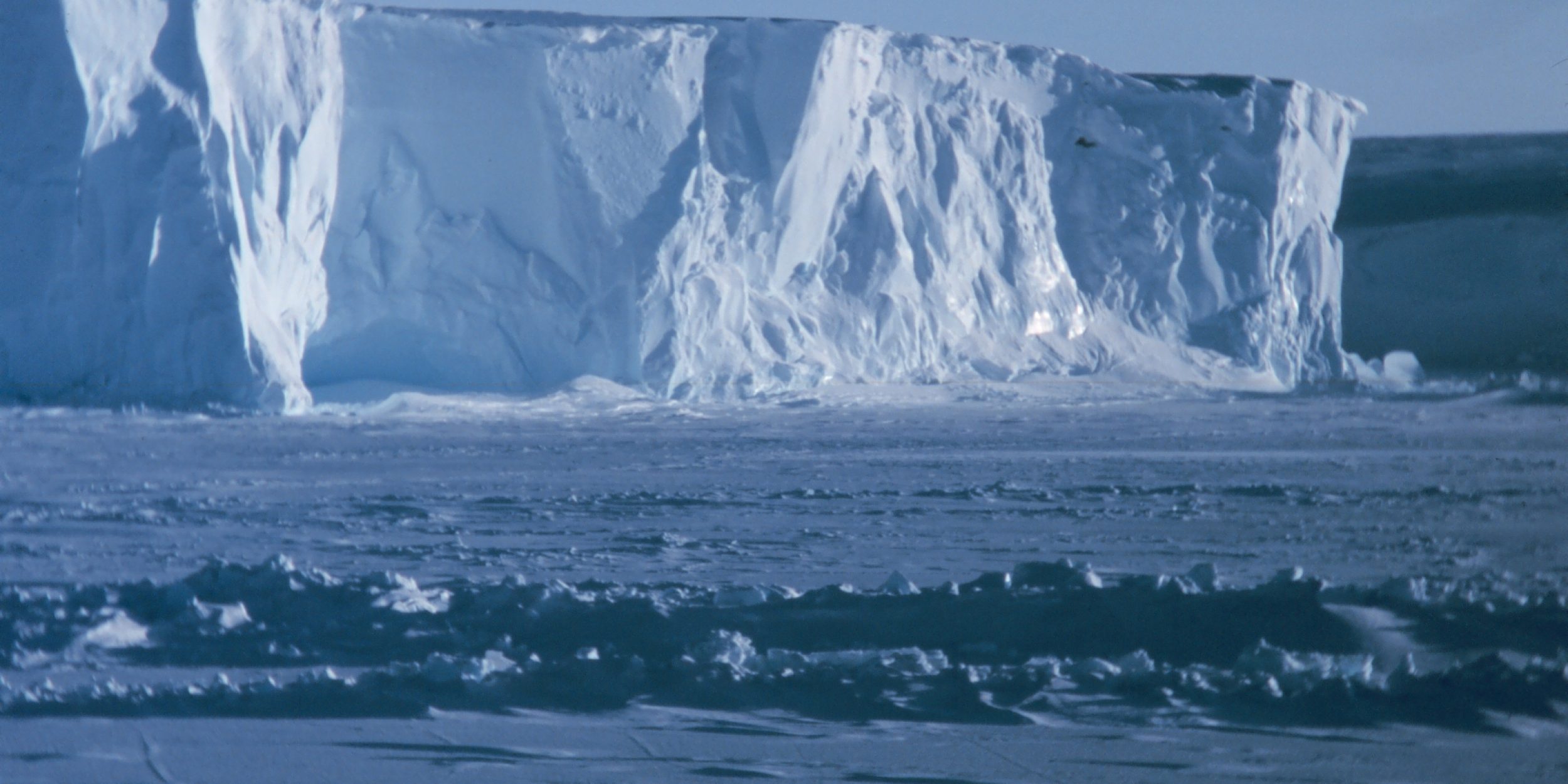

For decades, Heinrich events have puzzled scientists because they occurred during the cold portions of millennial climate cycles, rather than during warmer climates as expected.
Using an ice sheet model, University of Michigan researchers reported in Nature that warm ocean water weakens the edges of ice sheets, causing ice to rapidly break off into the ocean. The warm water is associated with variations in the Atlantic Meridional Overturning Circulation, part of the conveyor belt that carries warm and cold water around the globe.
These findings suggest that ice sheets touching warming oceans, such as the Greenland Ice Sheet and Antarctica, could be at risk of collapsing and raising sea levels more than most models currently predict.
This research was supported by the CPO Modeling, Analysis, Predictions, and Projections (MAPP) Program.
Access the paper: http://www.nature.com/nature/journal/v542/n7641/full/nature21069.html



